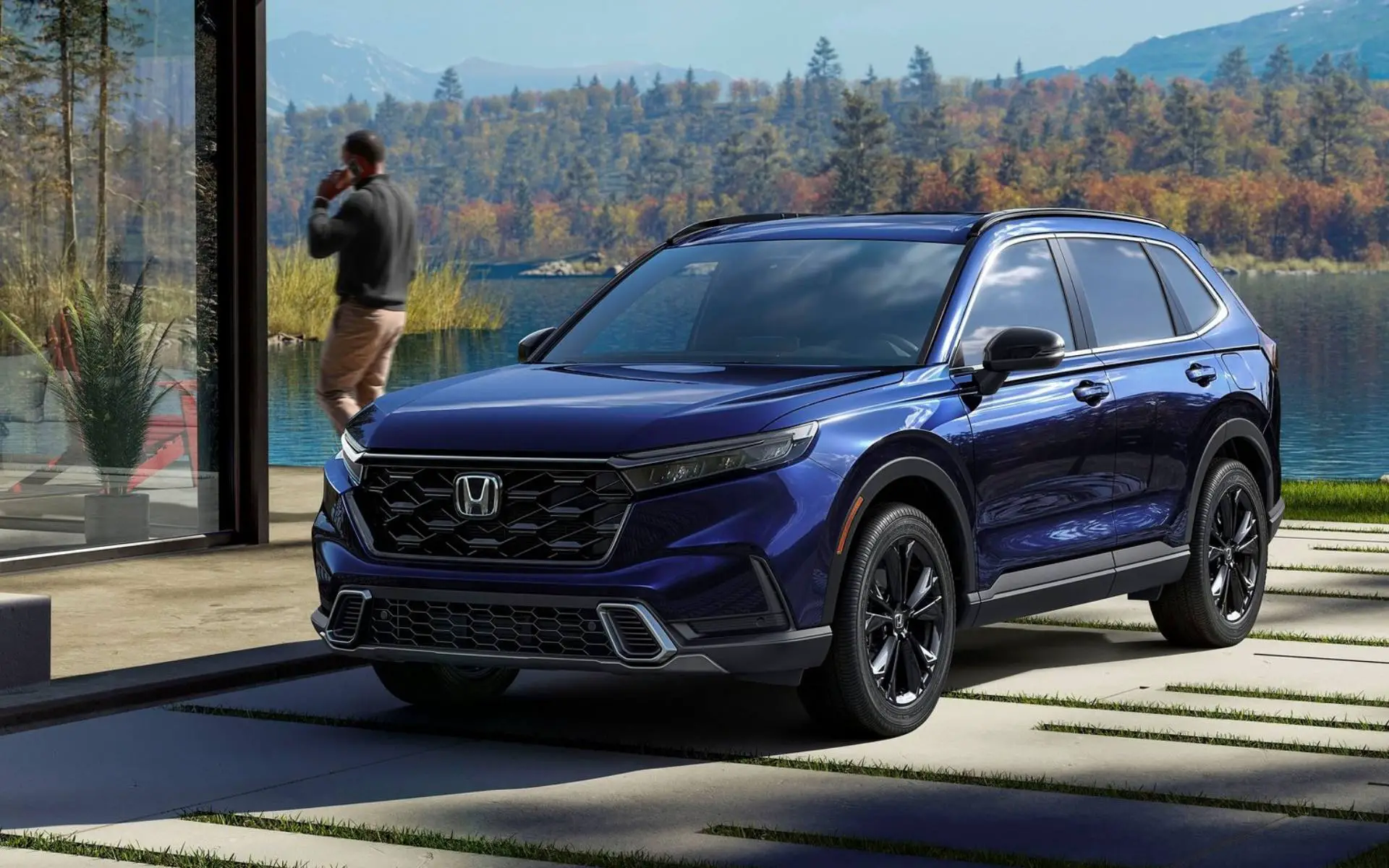Honda’s next hydrogen car near, powertrain already 66 percent cheaper!
Honda hydrogen
Honda was one of the first companies to focus on the potential of hydrogen to achieve a carbon-neutral society and has been researching and developing hydrogen technologies and FCEVs for more than 30 years. Since 2013, Honda has been working with General Motors to jointly develop the next generation of fuel cell systems.
New Honda hydrogen car in 2024
What can we expect in the short term? Honda plans to begin selling an all-new FCEV model in North America and Japan in 2024. Based on the CR-V introduced in North America in 2022, this SUV model will be equipped with the next-generation fuel cell system developed by Honda in partnership with General Motors.
“In addition to the benefits of FCEVs, which allow long distances to be covered without long refueling times, this all-new FCEV model will have plug-in functionality with the convenience of EVs that can be charged at home,” Honda promises.
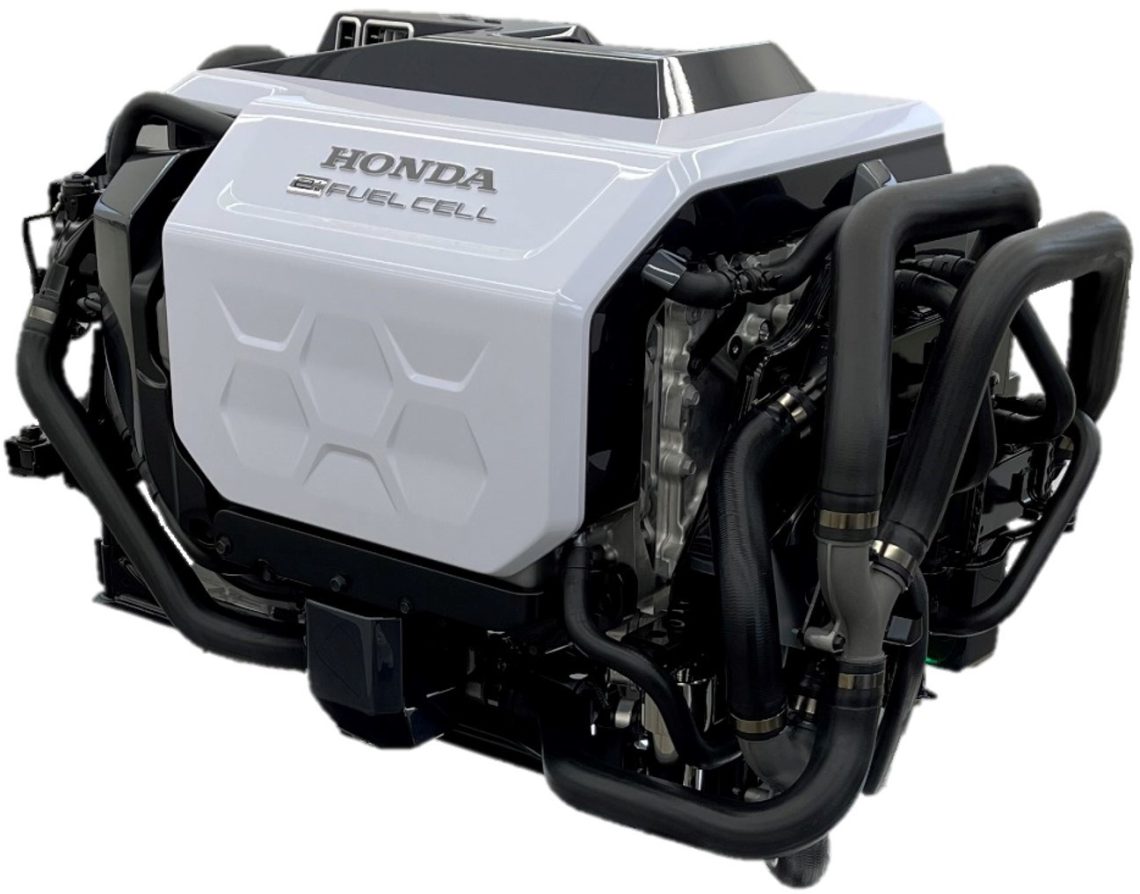
Hydrogen must be a little cheaper
Cost and sustainability are typical challenges that must be overcome to enable large-scale use of fuel cell systems. Honda: “This next-generation fuel cell system reduces the cost to one-third compared to the cost of the fuel cell system in the 2019 Honda Clarity Fuel Cell.”
Honda achieved this significant cost reduction through several measures, including the application of innovative materials for electrodes, the improvement of a cell termination structure, the simplification of support equipment (“balance of plant”) and the improvement of productivity.
Hydrogen in full development
Furthermore, the application of corrosion-resistant materials and controlled control of deterioration doubled the system’s durability, and its resistance to low temperatures was also significantly increased. In short, hydrogen technology is evolving and becoming more and more affordable. It has to be, because hydrogen prices now are pretty hefty.
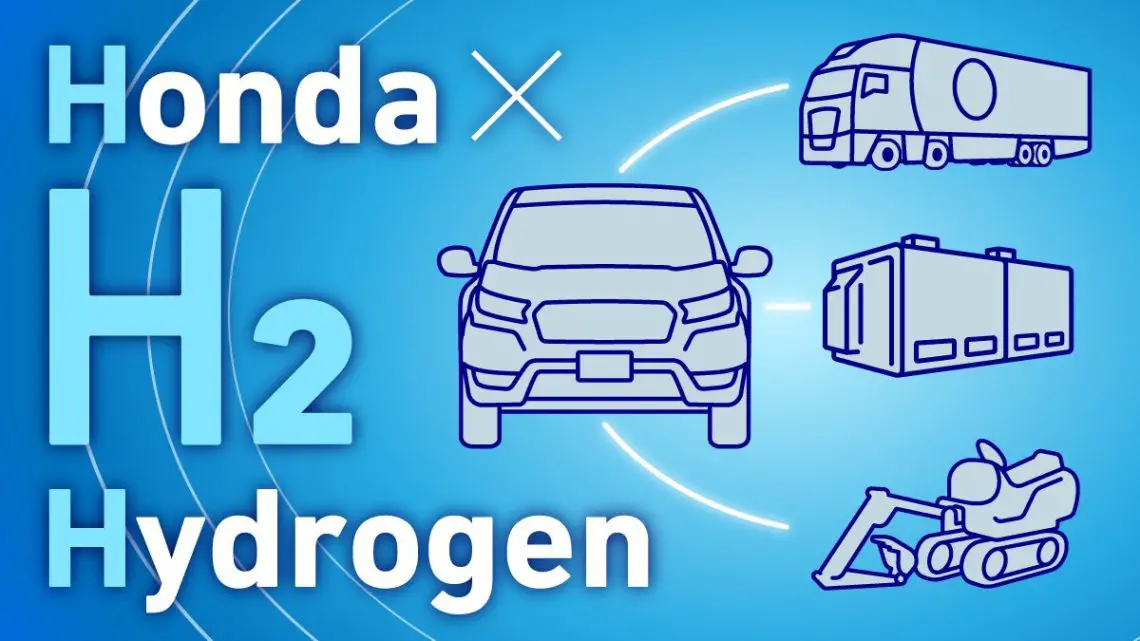
‘Major breakthrough hydrogen by 2030’
Honda expects a major breakthrough in hydrogen especially in 2030. The manufacturer, along with General Motors, expects fuel cells to become more widespread that year. Honda has already begun research on future fuel cell technologies. The goal is to cut costs in half and double the durability compared to the fuel cell system developed with GM. In this way, Honda aims for user-friendliness and a total cost that puts the fuel cell system on par with conventional diesel engines.
Key players at Honda
Key players in Honda’s hydrogen future are Shinji Aoyama and Arata Ichinose. Aoyama is Director and Senior Managing Executive Officer at Honda. Ichinose joined Honda as Operating Executive, head of the Business Development Supervisory Unit.
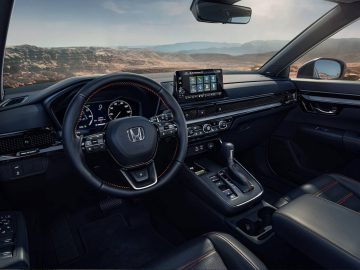
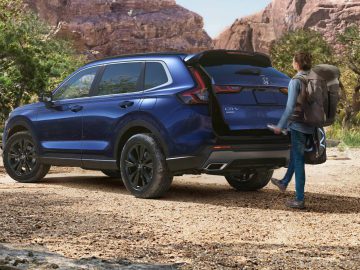
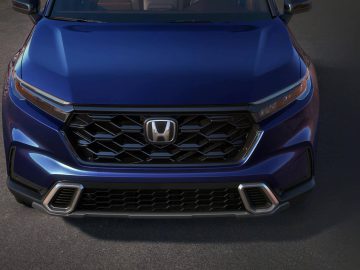
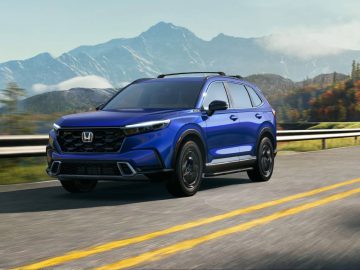
Four key areas for hydrogen applications
Honda focuses on four core areas related to fuel cell applications: Honda FCEV models, commercial vehicles, stationary power plants and construction equipment. Honda also sees aerospace applications. And, of course, the transportation sector is also very interesting. Before the end of the next fiscal year 2024 (ending March 31, 2024), Honda will begin public road demonstration tests of a prototype heavy truck powered by fuel cells in Japan. It is currently being investigated in cooperation with Isuzu Motors Limited. Honda is partnering with Dongfeng Motor Group in China for trucks with fuel cell technology.
2050 CO2 neutrality
Honda aims to achieve carbon neutrality for all products and business activities in which Honda is involved by 2050. With the goal of “zero ecological impact” of not only its products but the entire product life cycle, including its business activities, Honda focuses on the following areas as the “three pillars” of its initiatives: “carbon neutrality,” “clean energy” and “resource circulation. In its initiatives, Honda positions hydrogen as one of the energy carriers with great potential, alongside electricity.
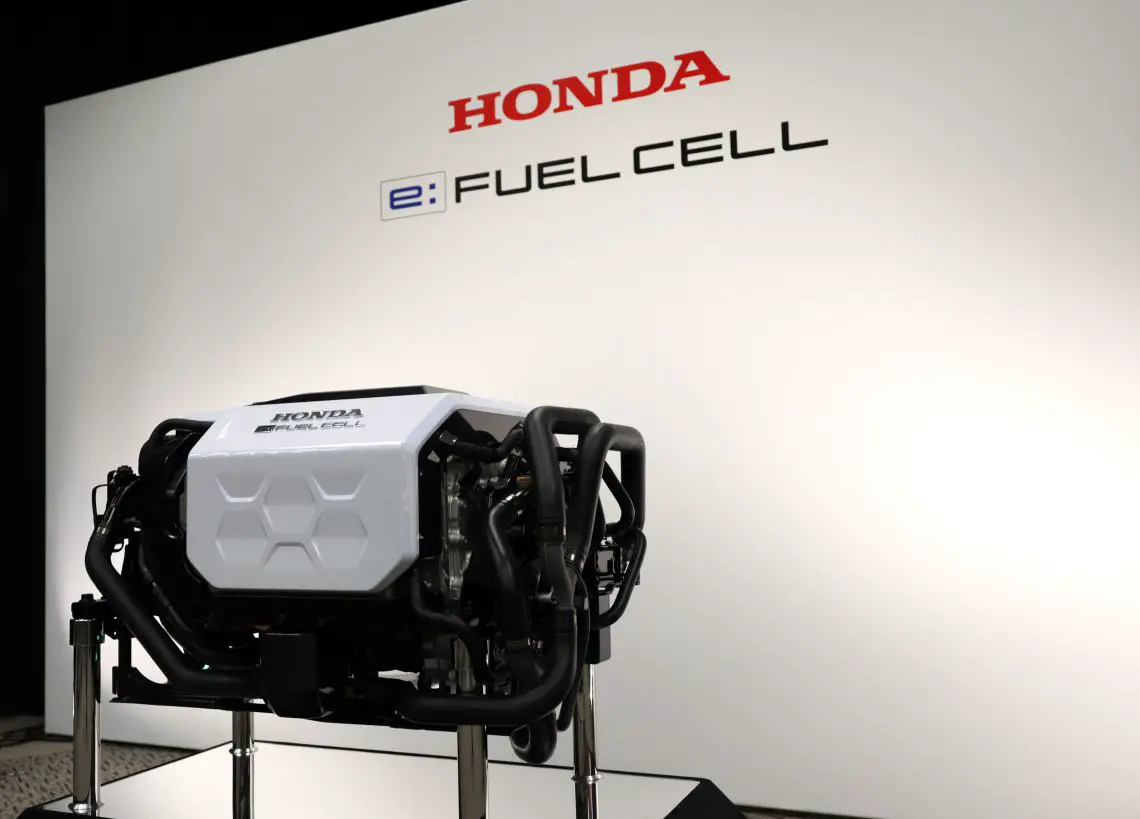
Hydrogen circulation cycle
Starting with renewable energy, the “hydrogen circulation cycle” consists of three phases – “generation,” “storage/transport” and “use. To be more specific, water electrolysis technology can be used to convert electricity from renewable energy sources into “green hydrogen.
CO2-free production process
By this, Honda refers to electrolysis of water using hydrogen produced from renewable energy, where no CO2 is emitted during the production process. This will make it less sensitive to fluctuations in power production due to seasonal and weather conditions, and will allow the energy to be transported in the form of “green hydrogen” to the desired location through suitable methods such as land, sea and pipeline transportation. In short: a lot is going to happen in the field of hydrogen at Honda.
Other brands are not sitting still either, with Toyota, Hyundai and BMW also working on hydrogen in full force. In fact, the BMW iX5 Hydrogen recently went into production.

